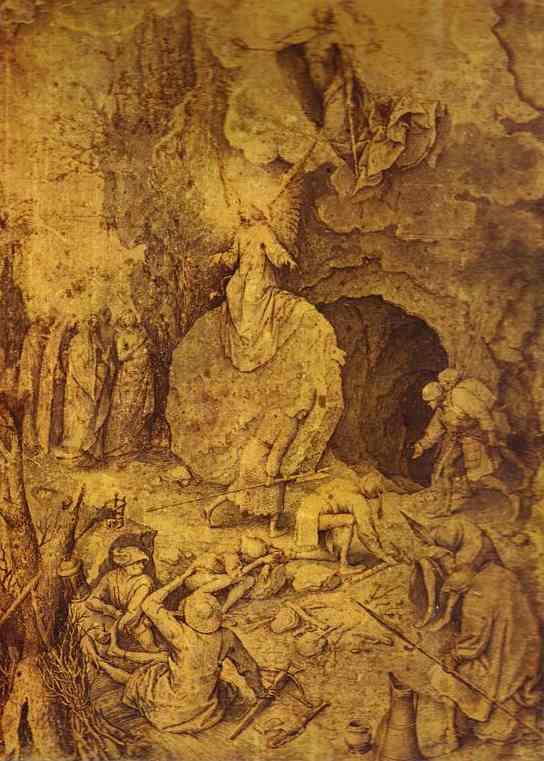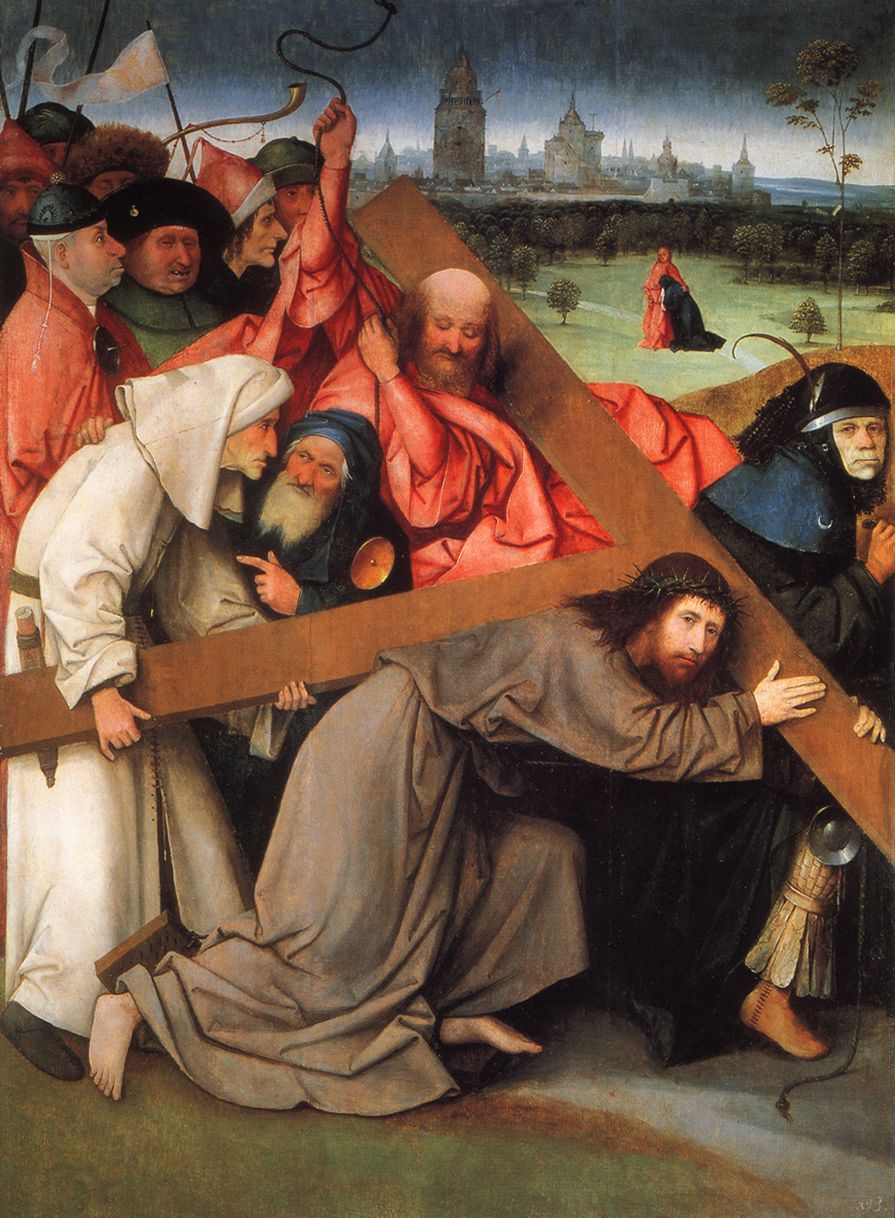Today’s guest post is by Brandon Rappuhn, a Logos marketing copywriter.
As Jesus passed by,
he saw a man named Matthew sitting at the customs post.
He said to him, “Follow me.”
And he got up and followed him.
While he was at table in his house,
many tax collectors and sinners came
and sat with Jesus and his disciples.
The Pharisees saw this and said to his disciples,
“Why does your teacher eat with tax collectors and sinners?”
He heard this and said,
“Those who are well do not need a physician, but the sick do.
Go and learn the meaning of the words,
‘I desire mercy, not sacrifice.’
I did not come to call the righteous but sinners.”
Matthew 9:9–13
 Matthew got up and left the tax collector’s post.
Matthew got up and left the tax collector’s post.
He would go on to be one of the four great evangelists, spreading the Gospel as far as Syria, Ethiopia, and even Persia, according to some accounts. He wrote his Gospel for the sake of reaching out to his own Jewish community—the same Jewish community that ostracized and hated him on account of his profession. Many accounts say he died a noble martyr’s death. But I’m getting ahead of myself.
Matthew got up and left the tax collector’s post. He left his livelihood behind—his wealth, his property, his prospects for the future. Following the Teacher who was raising the dead and casting out demons, this Galilean tax collector would be shown things he never would have believed, would witness miracles he had only heard about in legend, would be present for the very first Eucharist.
Matthew grew into close friendship with Jesus and loved him so much that he would write a book narrating Jesus’ life and ministry. Jesus loved him in return—even though he was a tax collector—and called him into a life beyond what Matthew could have imagined. Jesus came to redeem the sinners: the tax collectors, the laborers, the prostitutes. He was unafraid to associate himself with Samarian women and Roman soldiers, and he even loved the murderers and thieves who were crucified alongside him.
It is said that one who is forgiven much will have much love to give (Luke 7:36–50). Jesus called sinners to be his disciples, knowing that their response would be love and devotion great enough to overcome anything—persecution, exile, shipwreck, martyrdom. Matthew’s response to Jesus’ call was a lifetime of devotion, sacrifice, and love for everyone—including his persecutors.
What is your response to Jesus’ call?





